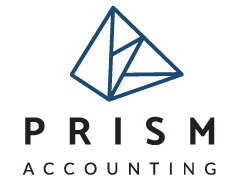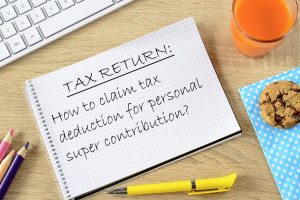Do you use your car a lot for work or business-related travel? If so, you may consider maintaining a car logbook.
Logbook is used to establish your business-related percentage of car use to enable you to claim tax deduction for business-related portion of your total car expenses.
Currently, there are two methods of calculating tax deductible car expenses :
1) cents per km; and
2) logbook method.
Under the cents per km method, you can claim car expenses based on kilometres travelled for work or business purposes at the set rate of $0.68 per km in 2019 Income Year ($0.66 in 2018), irrespective of engine capacity of your car. Under this method, your claim is limited to the first 5 000 km of eligible travel, which effectively limits your car expense deduction to $3 400.
Car Logbook Method
Under the logbook method, you may be able to claim significantly more, depending on your actual expenses, cost of the car and portion of business use. Expenses you can claim include running expenses of your car (such as fuel, registration, insurance, maintenance and other running costs), depreciation for decline in value of the car (based on the car cost, up to a certain limit), finance costs or leasing charges.
The logbook method effectively allows you to claim business percentage of the entire cost of your car (spread out over several years). In addition, if you are registered for GST, you can claim business portion of GST credits on purchase of your car when you lodge your BAS for that period. it could potentially save you thousands of dollars in taxes.
You must keep a logbook for a minimum period of 12 consecutive weeks. Your logbook is valid for 5 years but you may start a new log book at any time if your travel pattern changes. You need to start a new logbook after 5 years, even if your circumstances remain the same.
If you start your logbook less than 12 weeks before the end of the income year, you can continue maintaining it in the following year to meet the 12 weeks requirements. You will be eligible to claim car expenses based on the logbook percentage for the income year in which you started using logbook. For example, if you started a logbook in May 2019 and continue using it for 12 weeks, you can claim car expenses based on the percentage worked out under this logbook for 2019 Income Year, even though the logbook wasn’t completed by 30 June 2019. You can’t, however, backdate your logbook claim for the income year if you only started logbook after the year has ended.
You can find out more about car logbook requirements on the ATO webpage.
Are there any disadvantages of using Logbook Method?
If you sell your car for which you claimed expenses under the Logbook Method, you need to account for balancing adjustments on sale. In basic scenario, if your car is sold for more than its written down value, you will include business use portion of profit on sale in your Taxable Income. The calculation is more complex if you changed your calculation method or business percentage during the period of use. You need to keep purchase and sale documents as well as history of logbook claims for your accountant to be able to calculate the adjustments.
If you are using your car for business (as opposed to salaried employment) and are GST registered, you need to charge GST on sale of your car. You may be entitled to decreasing GST adjustment for private portion of your car use that reduced GST you need to pay to the Tax Office.
Where to get Car Logbook?
There are many Car Logbook apps currently available for mobile devices, including ATO’s own myDeduction app. Alternatively, you can keep your records manually in paper form, or you can download our Logbook template in Excel format, which has some built-in self-checks features to help you avoid errors.
Disclaimer: All the information provided on this website is of general nature and does not constitute tax, legal or financial advice. It does not take into account your personal circumstances and is not intended to replace consultation with a qualified professional.







